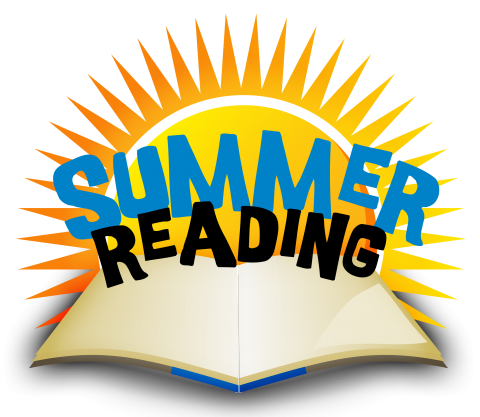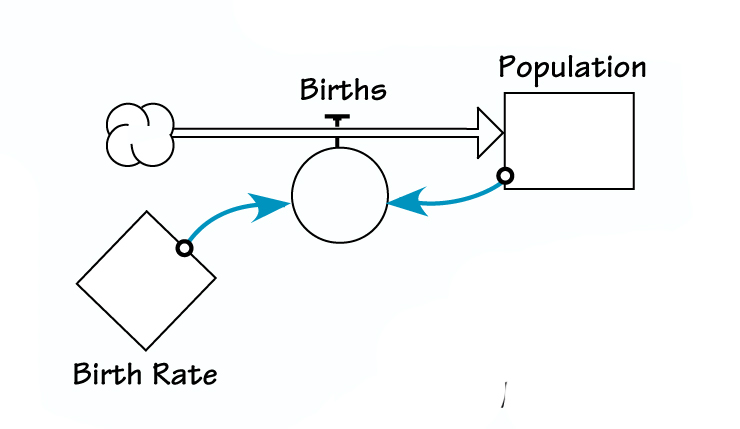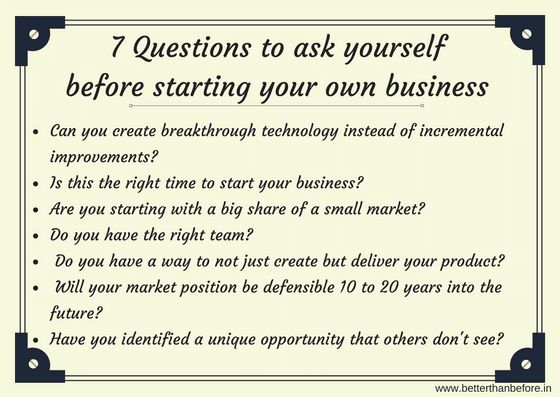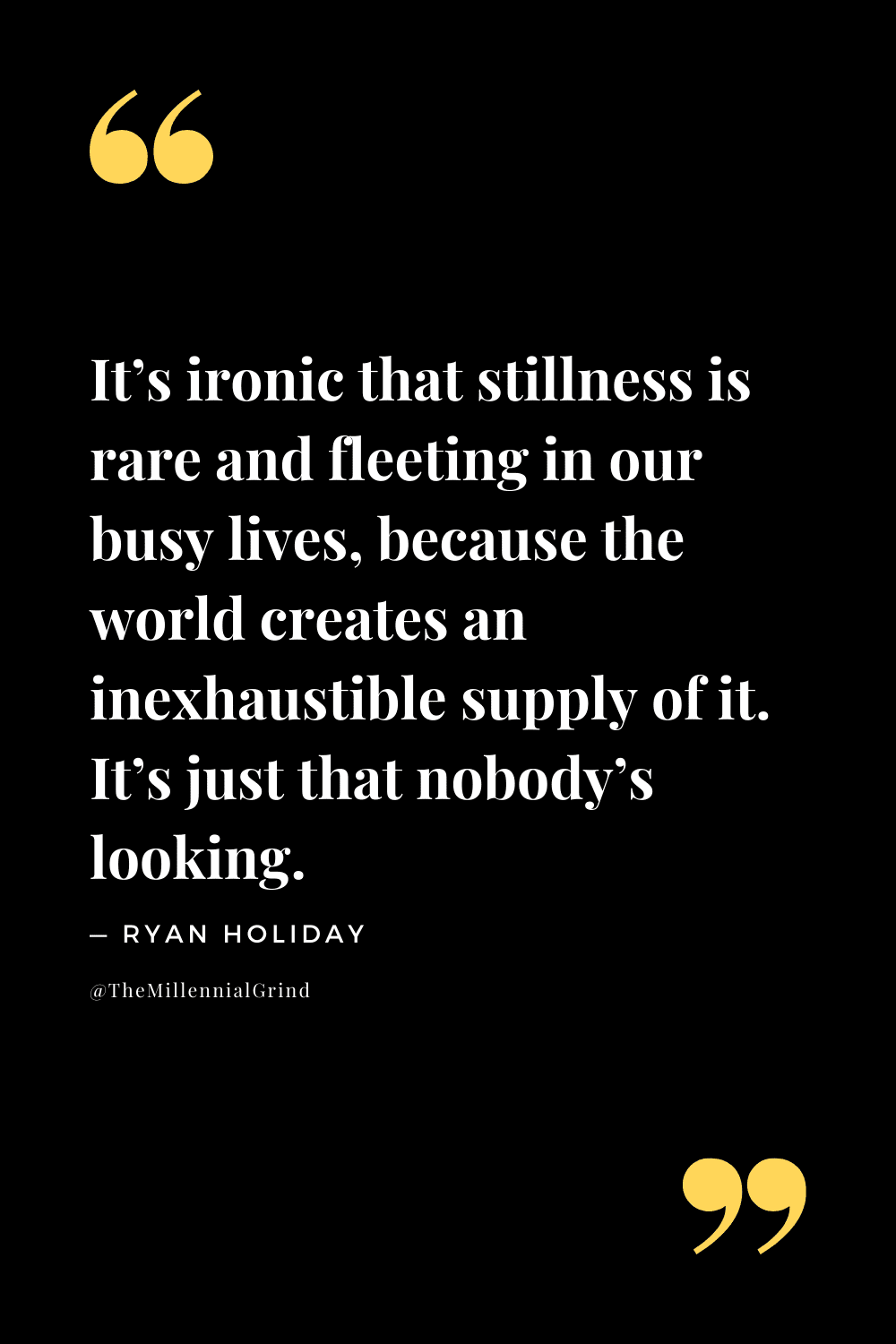This blogpost is going to be quite different from my regular posts. I would like to write something down by myself instead of just being a proxy for chatGPT like I did in the past few posts.
Books I've read this summer:
- Thinking in Systems by Donella Meadows
- Extreme Ownership by Jockco Wilink and Leif Basin
- Financial Intelligence by Karen Berman
- Zero to One by Peter Thiel
- Stillness Is The Key by Ryan Holiday
Let's talk about my takeaways book by book:
Thinking In Systems, after reading this book, I try to think of everything happening around me in terms of a simple flow chart, on the one side is a 'source', then the other side is the 'output', & in the middle is a box that is an effect which acts on the source to produce the output. Here's an example from the book:
Most systems along with having a 'source' and an output, also have feedback loops, they can broadly be classified into 2 types. One is a corrective loop, e.g. a thermostat on a an Air Conditioner ramps up cooling if it detects that the temperature in the room is higher than the setting and another are reinforcing loops, which exacerbate the output, e.g. a bank balance with a fixed rate of interest provides more interest as the time goes on since the principle increases or population growth that drives the economy which drives higher population.
My takeaways from the book is that to fix a system, it is not sufficient to just remove the first directly identifiable reason for the issue, you need to look deeper into the system and have a complete understanding before meddling in it otherwise risk calamities.
Extreme Ownership, this book is spectacular is should be a must read for anybody in any position of power, it makes you look inwards for solving a problem instead of outwards. It emphasizes personal responsibility, ownership, & leadership.
The book also emphasized heavily on keeping your ego in check and doing what is best for the outcome of the project even if it means stepping aside sometimes or making a hard decision. I really liked the various example from the Iraq war where the decision outcomes were life or death level critical. It's kinda the same in the business world but the death is slow.
Financial Intelligence is such a great book! It must be a must read for every technical person who is not enrolled in a finance class. You always hear about profit/loss/cash flow/quarterly income statement, but never have a base level understanding of what is going on. This is what this book aims to fix. Once you have read this, you not only start to gain an interest in the financial aspects of the business/field that you're in but you actively align with the mission of the C-level executives and have a much better understanding of the decisions they take.
Some of the things that I learned from this book are that there are 3 main financial statements:
- Income statement (Profit & Loss statement),
- Balance sheet, &
- Cash Flow statement
You can analyze the income statement to see how efficiently a company is generating profits from its operations. What the book emphasizes on and is so very important is that there is an art to finance, for example, recognizing when to record an income, how to decide whether a purchase is a capital expense or an operating expense, these can lead to 'cooking' of the books.
A part of the book emphasized on the various ratios used in finance, this can be used to compare companies and make investment decisions and understand how the company is operating. Reading this book and then reviewing your company's financial information generates a renewed interest in your company's operations and you will be more aligned with the business and excited to work towards achieving targets.
Zero to One is almost always on any startup founders books list. This book talks about what a startup is, it's not about creating a new company that takes an existing idea such as a pencil or a vehicle and scaling out production of these items or services.
It is about creating something that never existed and then scaling it up, going from 0 to 1. Scaling up is like going from 1 to a higher number x. This books gives you an insight into the startups that work and how they answer 7 questions that gives them an advantage over the competition.
This book was a brilliant read from cover to cover and I especially like a part of the book that opposes the views of Malcolm Gladwell, having read Malcom's book and his brilliant insight into how luck plays a huge role in what we achieve, I like Peter Thiel's Point of View better. Both arguments have their merits and Malcom's point is backed by anecdotal evidence as well which makes it compelling.
This book is a great read for anyone who's been bitten by the startup bug! I will definitely revisit this book in California.
Stillness Is The Key is a book that I read a chapter or so every night before going to bed, this book is like candy for the soul, makes you feel so at peace with being and a good reminder that all our pursuits in life are optional and at the end of it all, we're going back the same way we came, in an empty box with all our possessions left behind.
What this book emphasizes on is finding stillness and calm in the noisy, chaotic world around us. I especially like that each chapter starts with some brilliant quote about the topic matter. For e.g., one of the quote that I really like is, "The essence of greatness is the perception that virtue is enough" by Ralph Waldo Emerson.
It's been a great summer that I got to read all these books, I have one more book left in my To Read list, it is "The Lean Startup" by Eric Ries. After that, I'm going to buy another set of book, chief among which is "Turn the Ship Around" by David Marquet.
Thank you for reading this post and please feel free to comment any book suggestions that you might have!





Comments
Post a Comment